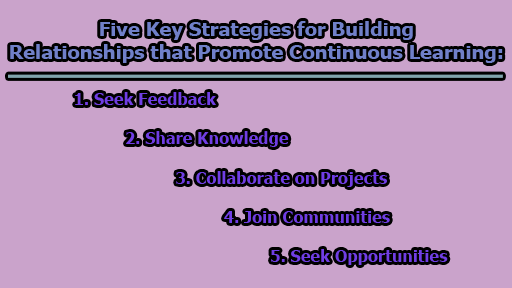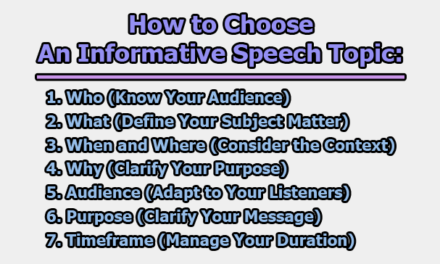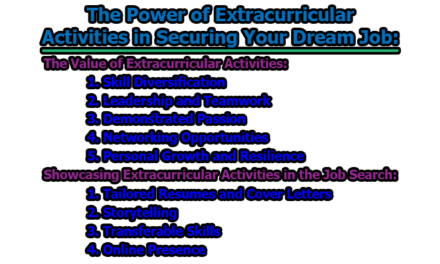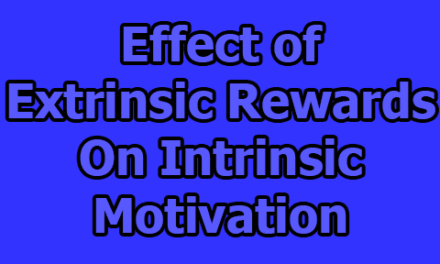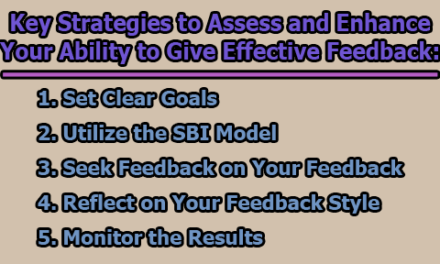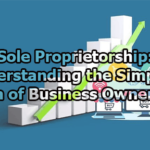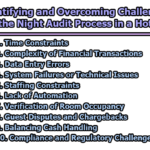Five Key Strategies for Building Relationships that Promote Continuous Learning:
In today’s rapidly changing world, continuous learning has become imperative for personal and professional growth. Whether you’re an individual striving for self-improvement or part of an organization committed to fostering a culture of learning, building strong relationships is a critical factor in this journey. In this article, we will explore five key strategies for building relationships that promote continuous learning.
1. Seek Feedback: Feedback is a potent tool for self-improvement. It provides us with valuable insights into our strengths and weaknesses, opportunities for growth, and areas that need improvement. Feedback can come from various sources, including peers, mentors, coaches, and even customers. Incorporating feedback into your life not only accelerates your personal development but also enhances your relationships with those providing the feedback. To seek feedback effectively:
- Be open, curious, and receptive: Approach feedback with an open mind. Be curious about how you can improve and be receptive to the feedback, even if it may be critical.
- Act on the feedback: The true value of feedback lies in your ability to act upon it. Implement the suggested changes and demonstrate that you value the input by showing measurable progress.
- Show appreciation: Always express gratitude to those who take the time to provide feedback. It demonstrates your respect for their perspective and encourages them to continue offering valuable insights.
By actively seeking and embracing feedback, you not only enhance your own learning journey but also foster strong, trust-based relationships.
2. Share Knowledge: Sharing knowledge is a two-way street that benefits both the giver and the receiver. When you share your expertise and insights with others, you reinforce your own learning while creating value for your organization and your relationships. Effective knowledge sharing is essential for building trust and collaboration with colleagues, team members, and stakeholders. To share knowledge effectively:
- Be generous: Be willing to share your knowledge and insights without hesitation. A generous attitude towards knowledge sharing encourages reciprocal learning.
- Be clear and relevant: Ensure that your communication is clear and relevant to the audience you are addressing. Tailoring your knowledge sharing to the specific needs and interests of your audience is key.
- Use various formats and channels: Knowledge sharing can take place through various formats like written documents, presentations, or face-to-face discussions. Choose the medium that best conveys your message and reach out to your audience through multiple channels.
Sharing knowledge not only enriches your relationships but also contributes to a culture of learning and collaboration within your organization.
3. Collaborate on Projects: Collaboration is a powerful catalyst for learning and relationship building. When you collaborate with individuals who bring diverse skills, backgrounds, and experiences to the table, you have the opportunity to learn from one another, solve complex problems, and drive innovation. Effective collaboration also leads to stronger relationships with your partners, clients, and suppliers. To collaborate on projects effectively:
- Be respectful: Treat your collaborators with respect, valuing their contributions and unique perspectives. Mutual respect is the cornerstone of any successful collaboration.
- Be flexible: Adapt to changing circumstances and varying working styles. Flexibility and the ability to compromise are essential for fostering strong working relationships.
- Align goals, roles, and expectations: Clearly define the goals, roles, and expectations of each collaborator. This ensures everyone is on the same page, working towards a common objective.
- Communicate regularly: Open, transparent communication is vital for any collaboration. Regular updates, check-ins, and feedback sessions can enhance the collaborative process.
Collaboration not only leads to enhanced learning but also cultivates long-lasting relationships that can open doors to new opportunities and resources.
4. Join Communities: Communities of practice, interest, or purpose are invaluable resources for learning and relationship building. Joining these communities allows you to connect with experts, peers, and newcomers who share your interests, challenges, and aspirations. These communities can become essential pillars of support for your career development and personal growth. To join communities effectively:
- Be active and engaged: Actively participate in community activities and discussions. Engage with other members and contribute your insights and expertise.
- Be contributive: Communities thrive when members actively share their knowledge and experiences. Contribute to discussions, share your insights, and support others in the community.
- Respect the norms, values, and diversity of the community: Each community has its own set of norms and values. Respect these rules and embrace the diversity within the community.
Joining communities not only opens doors to new learning opportunities but also provides a supportive network of like-minded individuals who can facilitate your personal and professional growth.
5. Seek Opportunities: Seeking opportunities that challenge you, stretch your limits, and expose you to new situations, environments, and cultures is a powerful method of learning and relationship building. Embracing these experiences not only helps you acquire new skills and knowledge but also fosters relationships with managers, leaders, and peers who can guide your learning journey and support your career growth. To seek opportunities effectively:
- Be proactive: Don’t wait for opportunities to come to you; actively seek them out. Express your interest in challenging assignments and new experiences.
- Be ambitious: Set ambitious goals for yourself and strive for excellence in your chosen field. Ambition drives personal growth and opens doors to new opportunities.
- Be adaptable: Be flexible and open to change. Adaptability is a key trait that allows you to thrive in different situations and environments.
- Identify your learning goals, needs, and preferences: Understand your unique learning requirements and what type of opportunities align with your personal and professional development.
- Seek feedback and support: Don’t be afraid to ask for guidance from mentors, leaders, and peers. Their insights and support can be invaluable in your journey to seize new opportunities.
By actively seeking and embracing opportunities, you not only further your own learning but also develop strong relationships with those who can guide your growth and provide support when needed.
In conclusion, building relationships that foster continuous learning is a multifaceted endeavor. The five key strategies discussed in this article, namely seeking feedback, sharing knowledge, collaborating on projects, joining communities, and seeking opportunities, provide a comprehensive framework for personal and professional growth. By implementing these strategies, individuals and organizations can create a culture of continuous learning, which in turn leads to increased adaptability, innovation, and overall success. So, embrace these strategies, and watch as your learning journey takes on new heights while strengthening your relationships along the way.

Former Student at Rajshahi University

